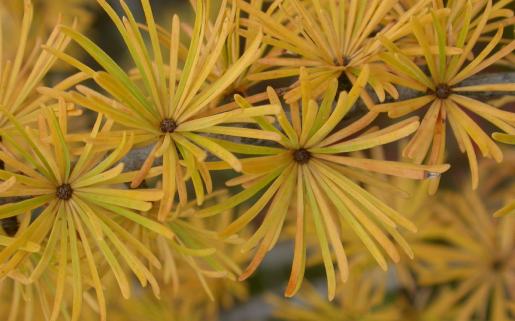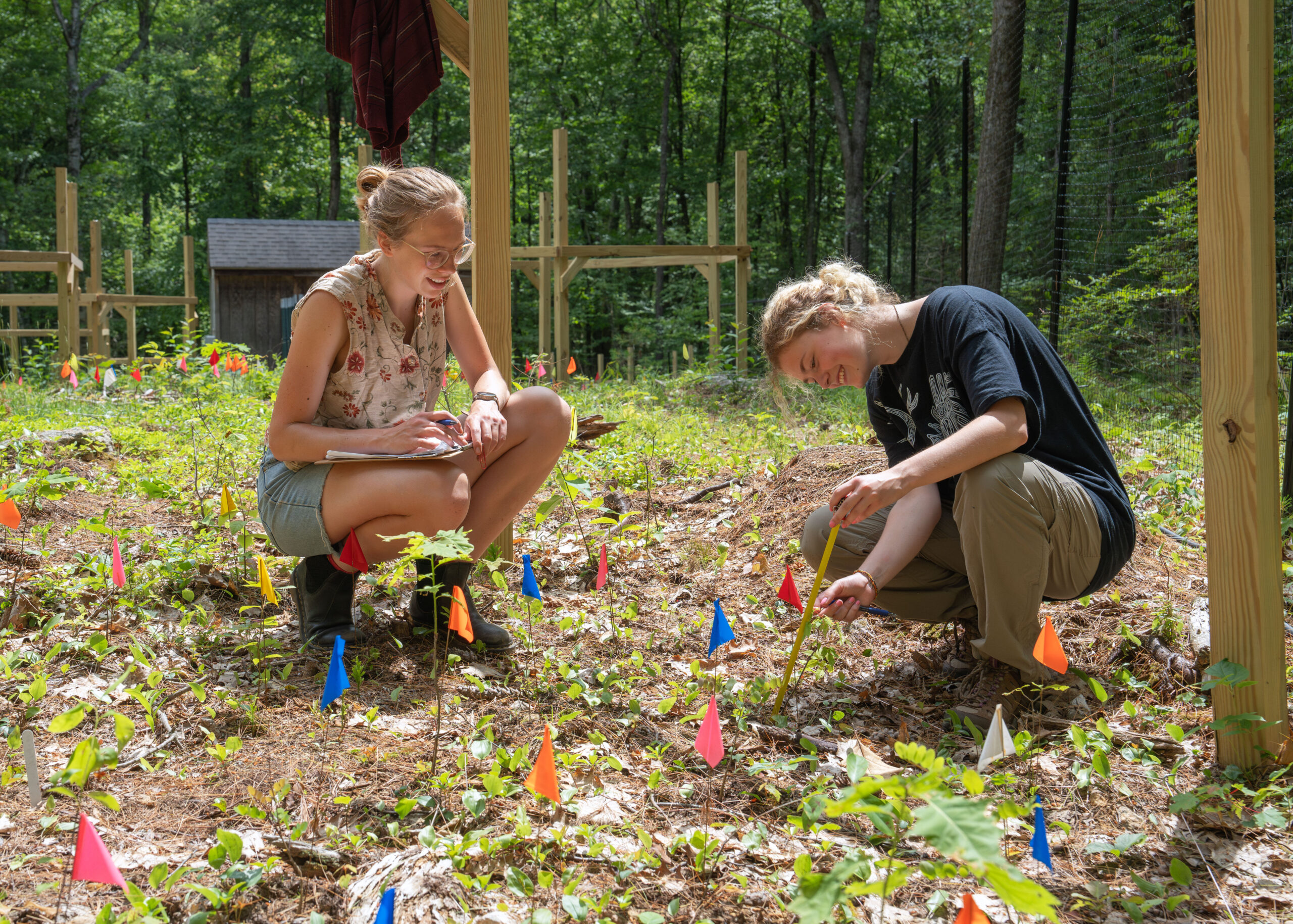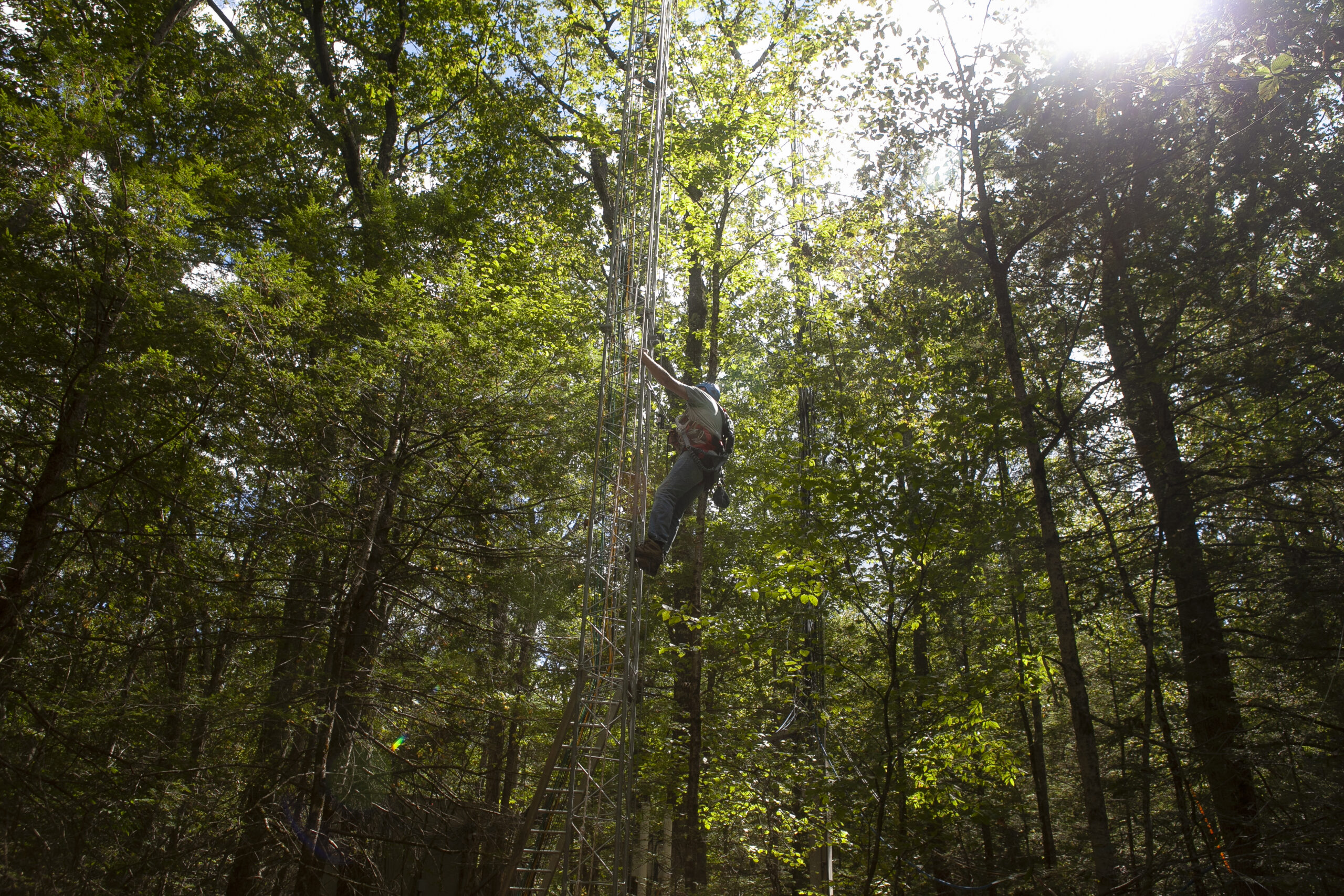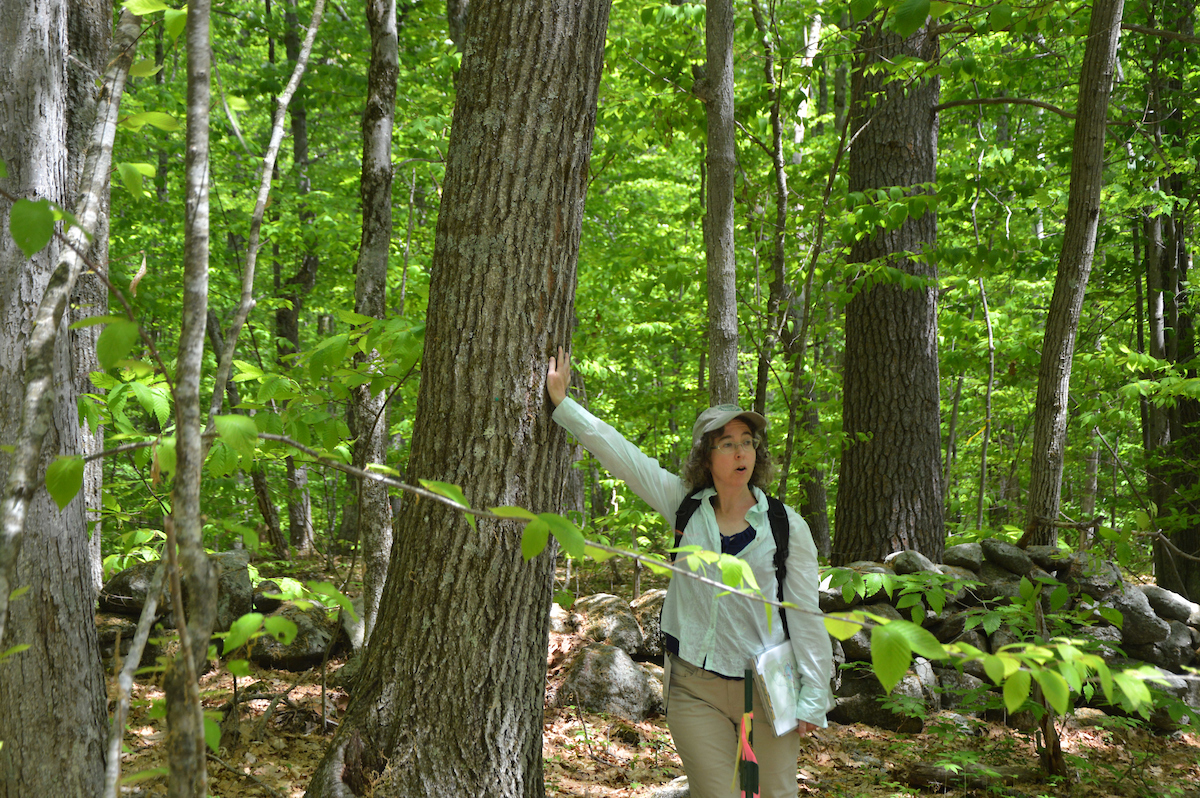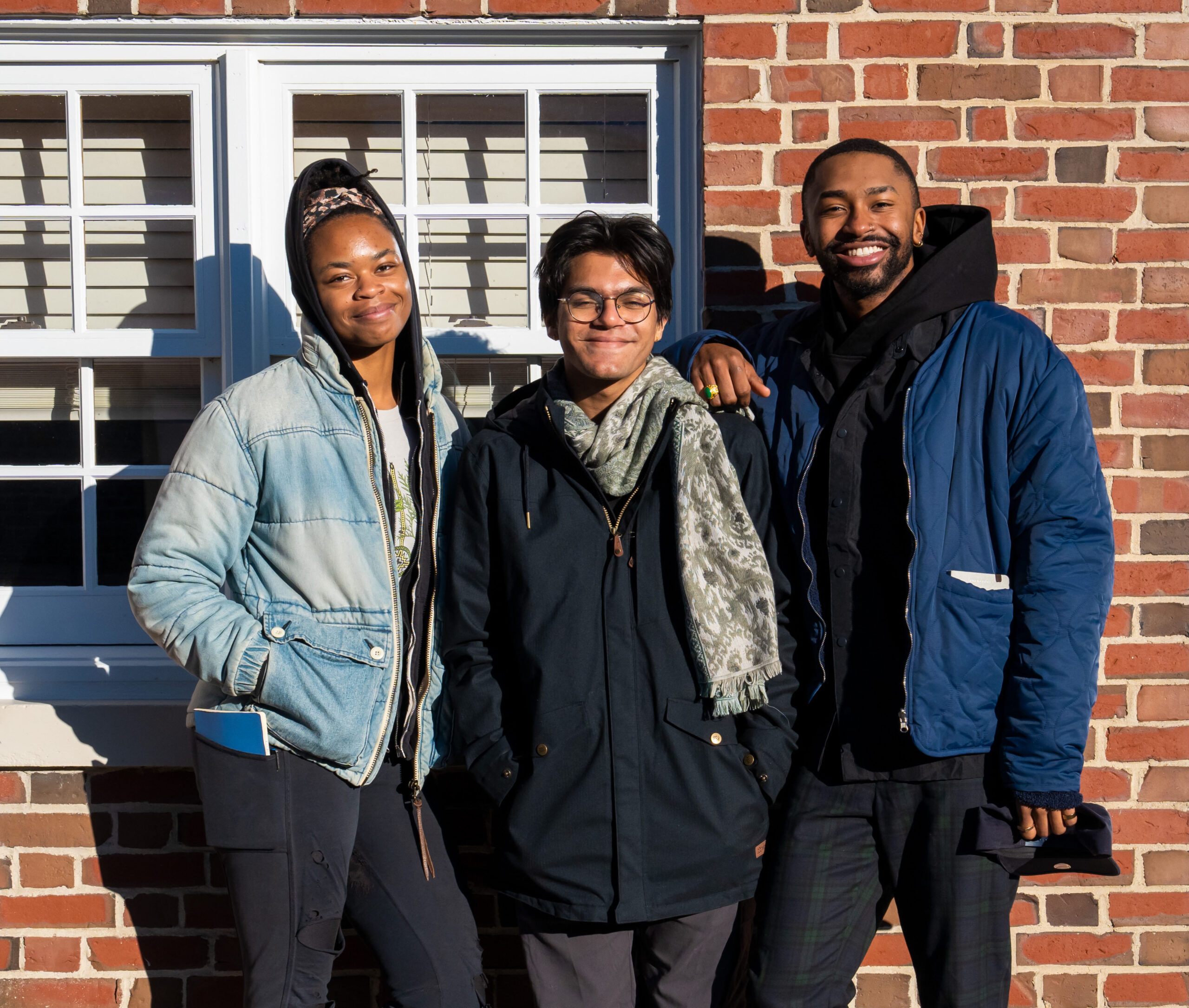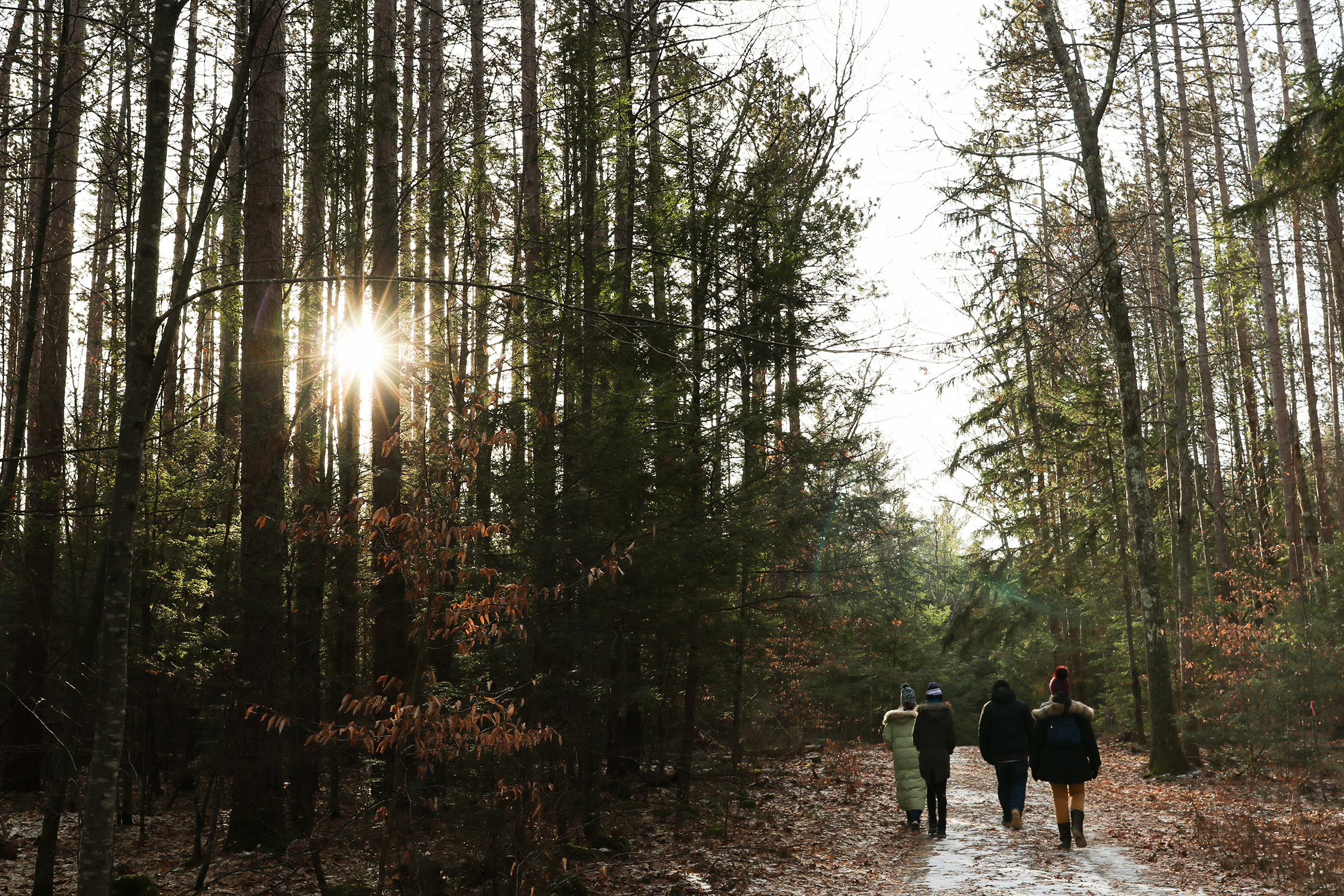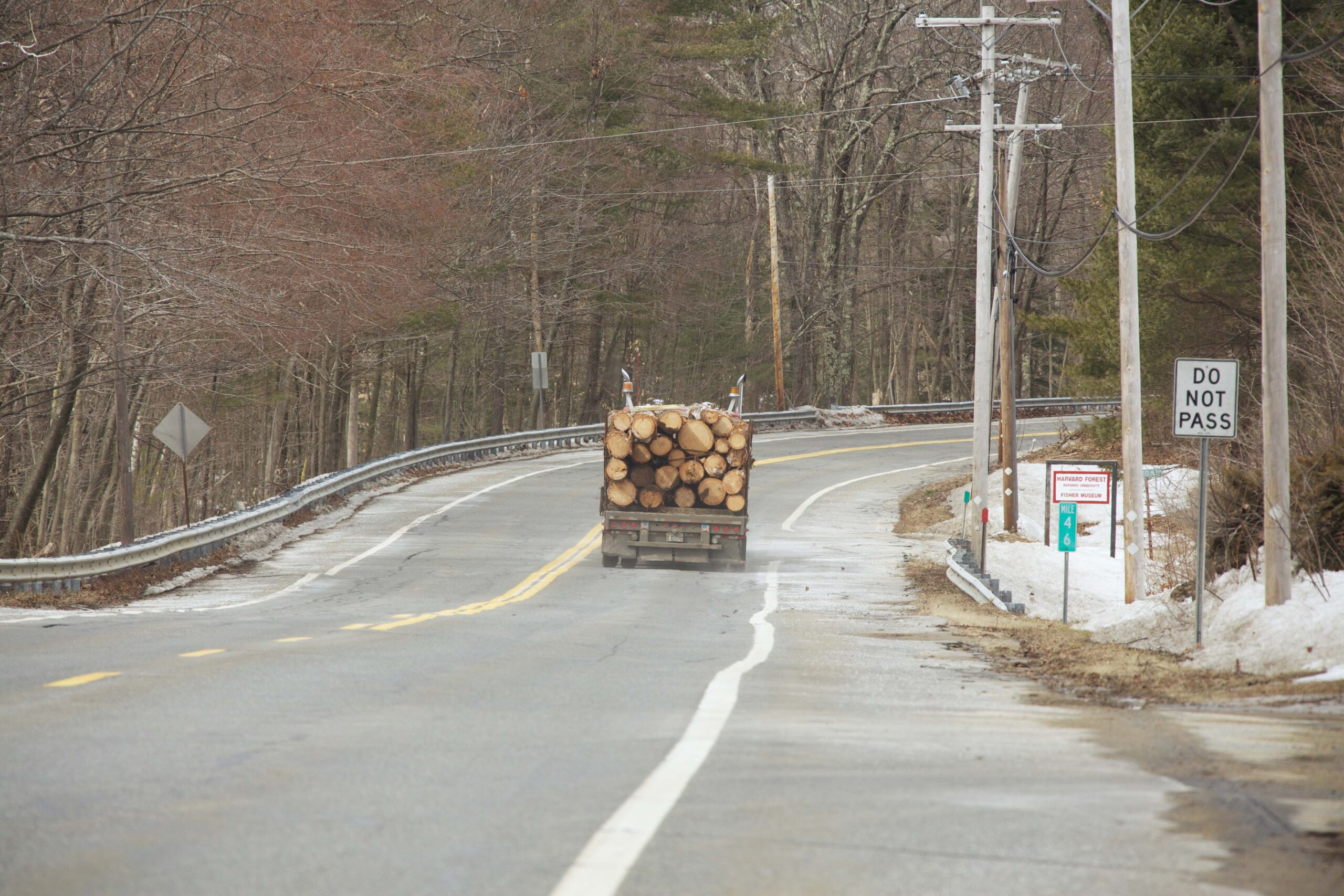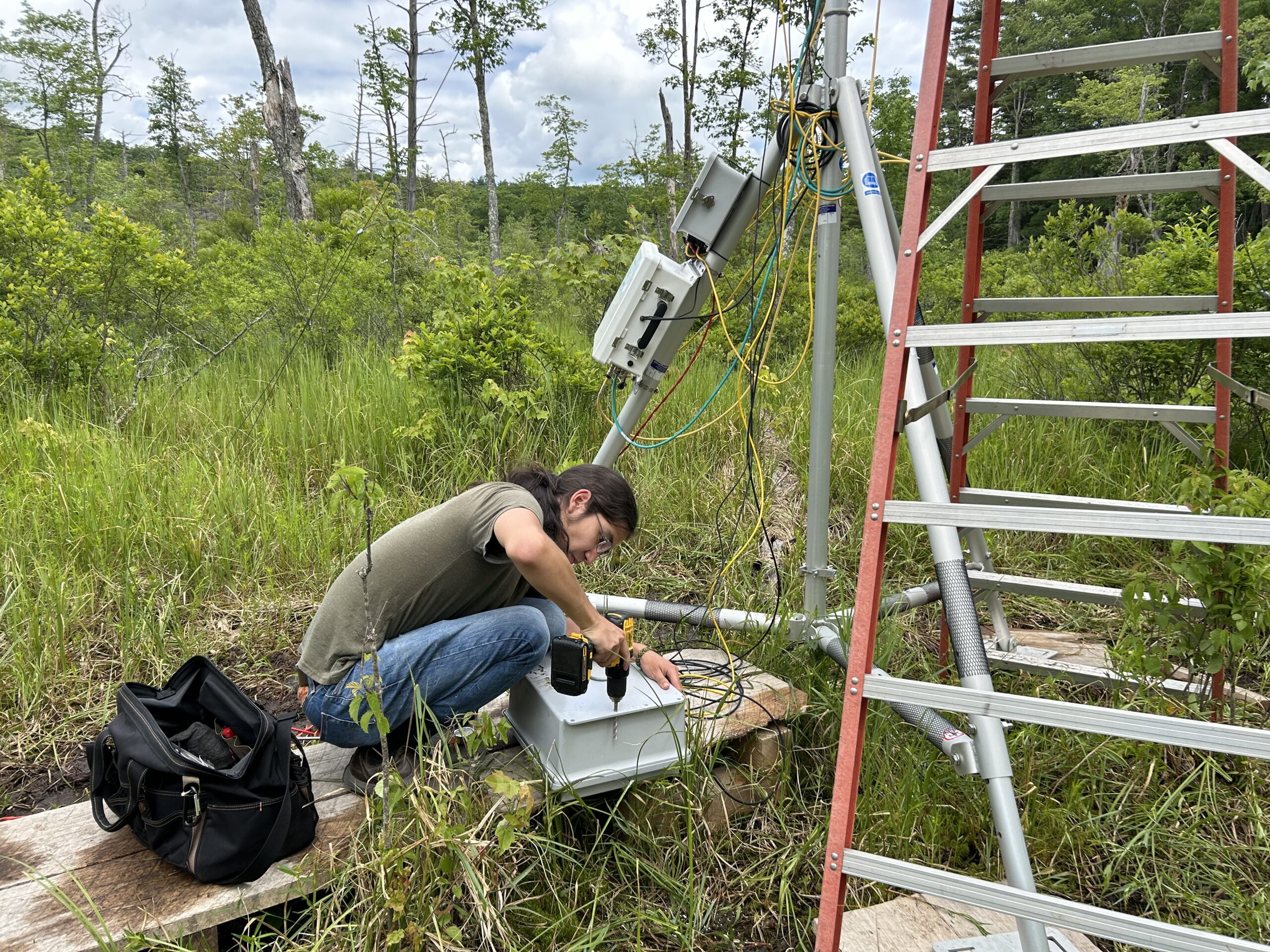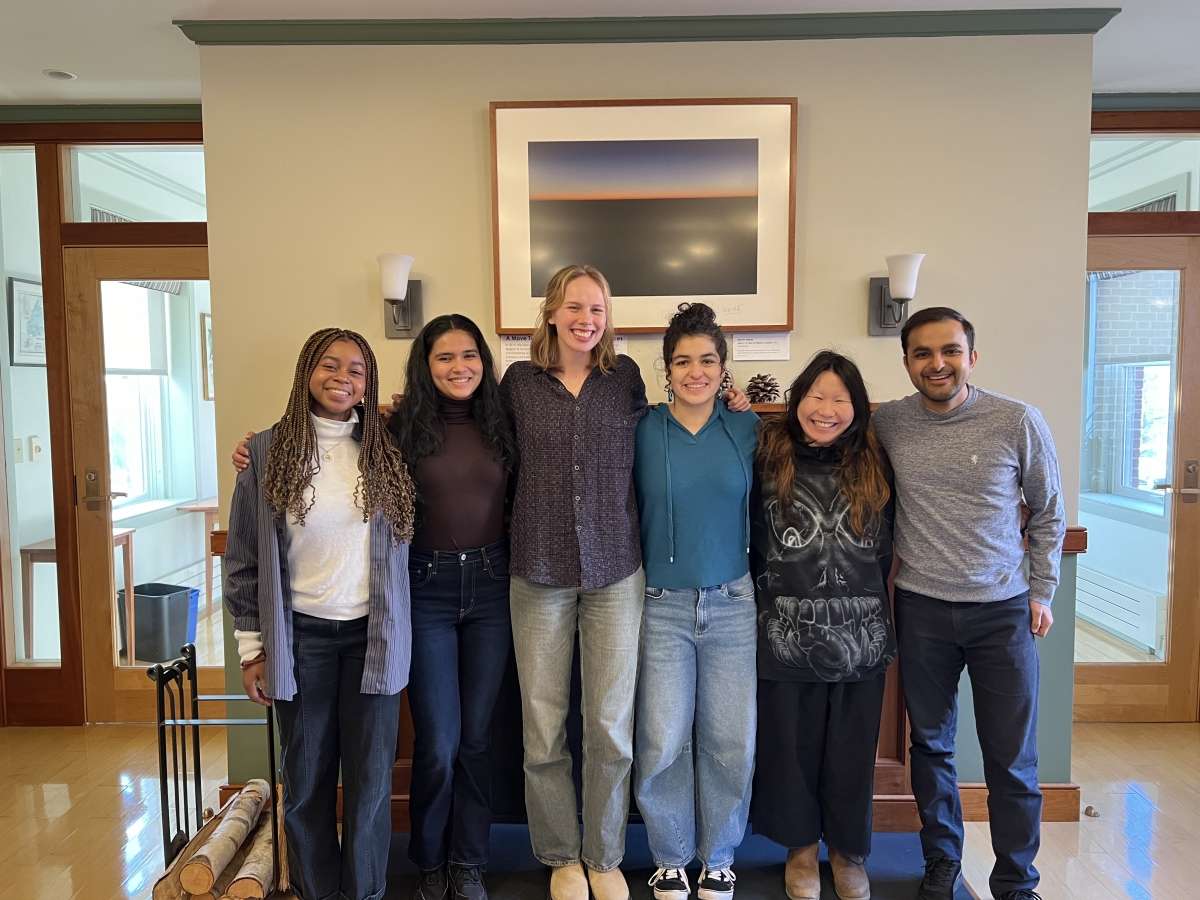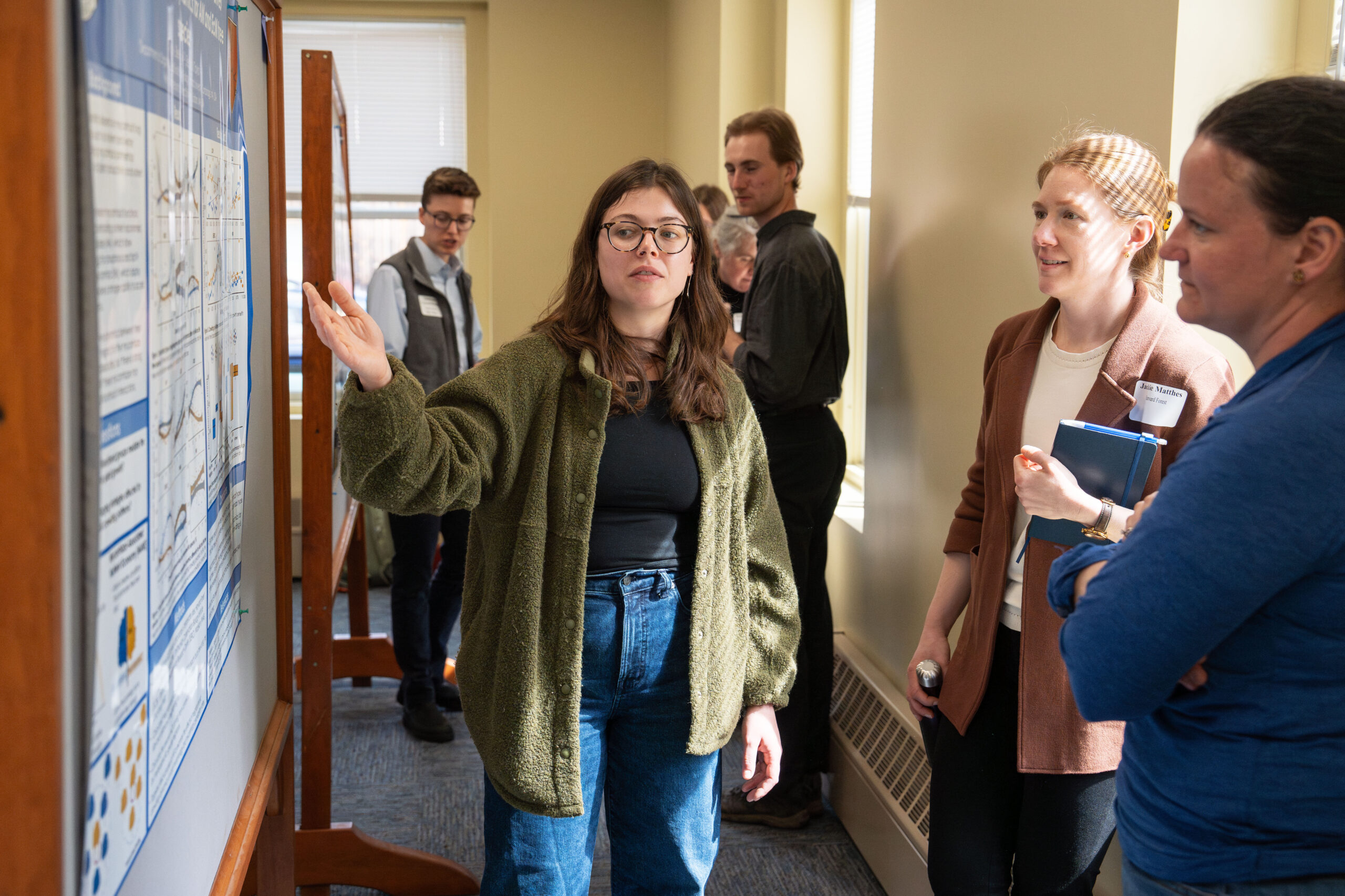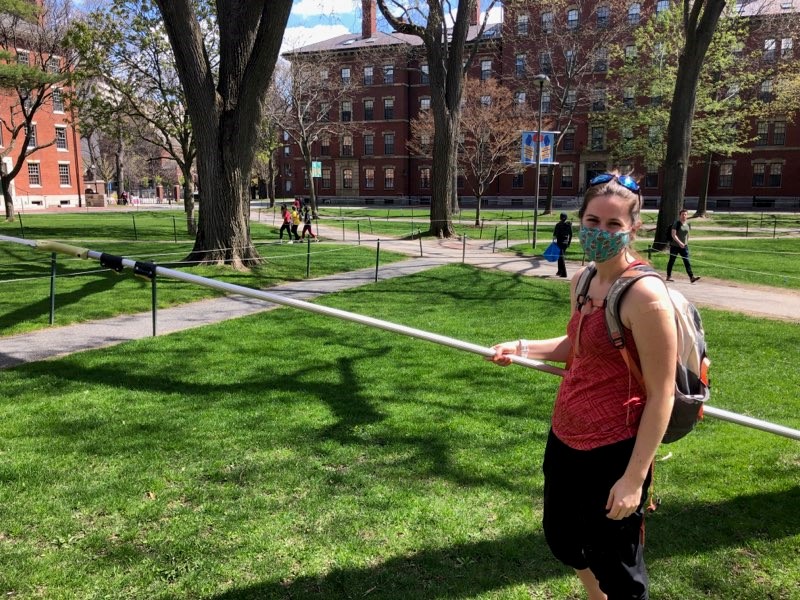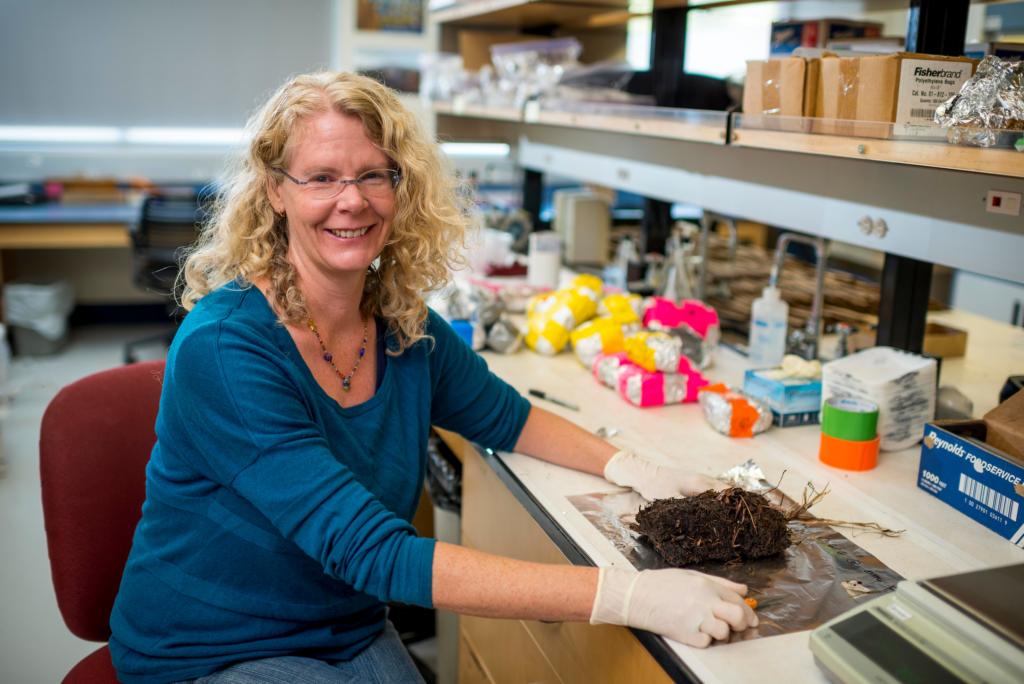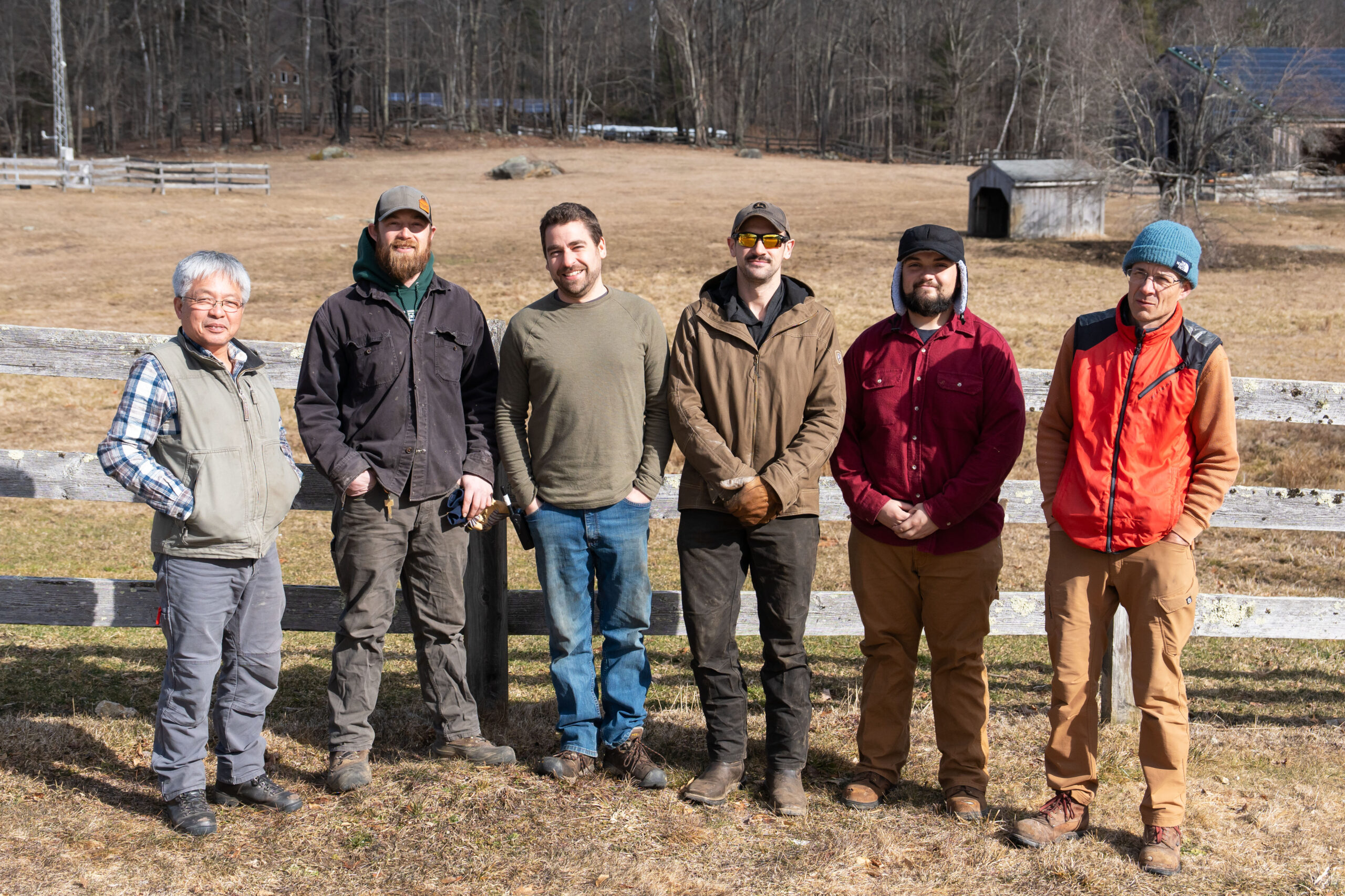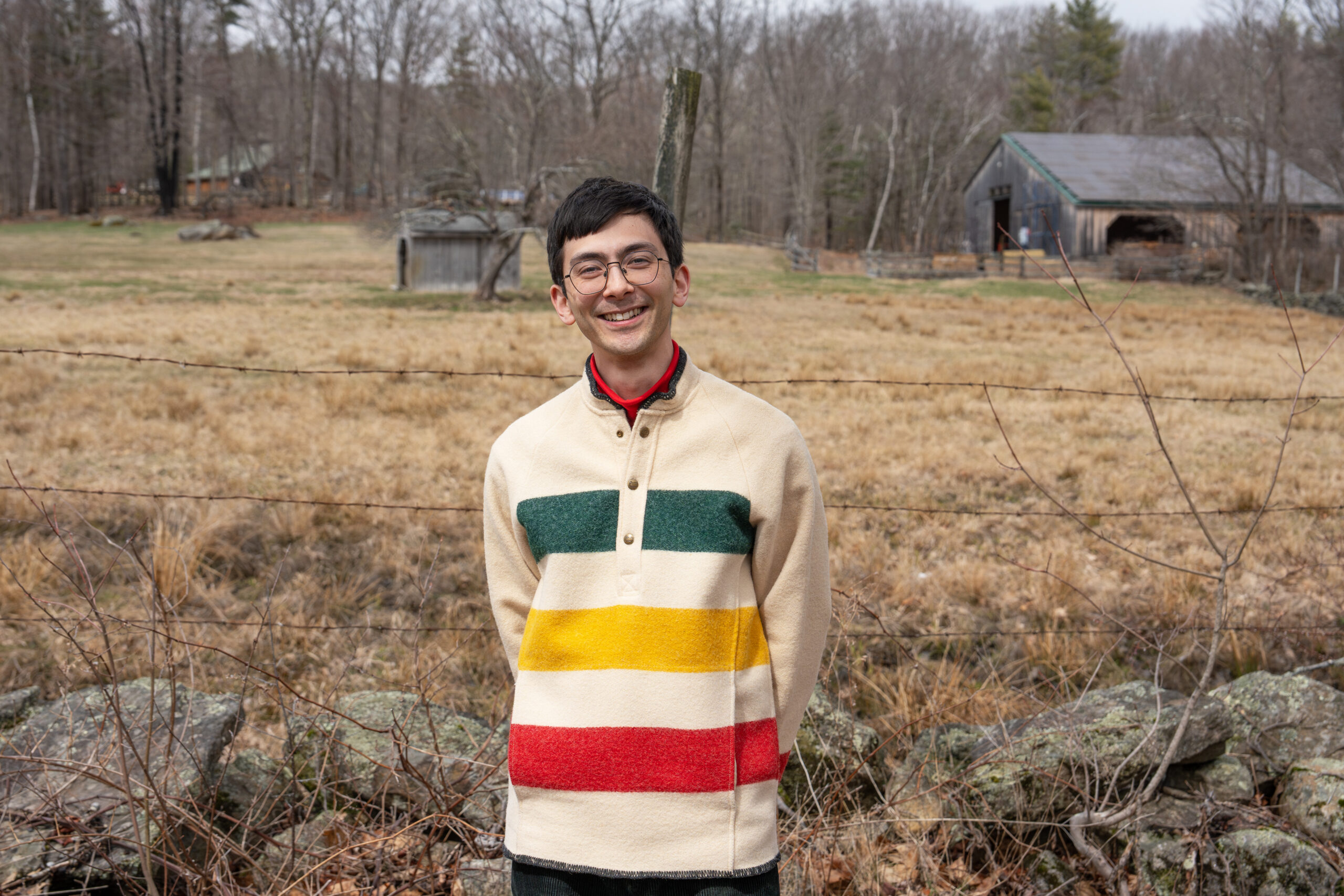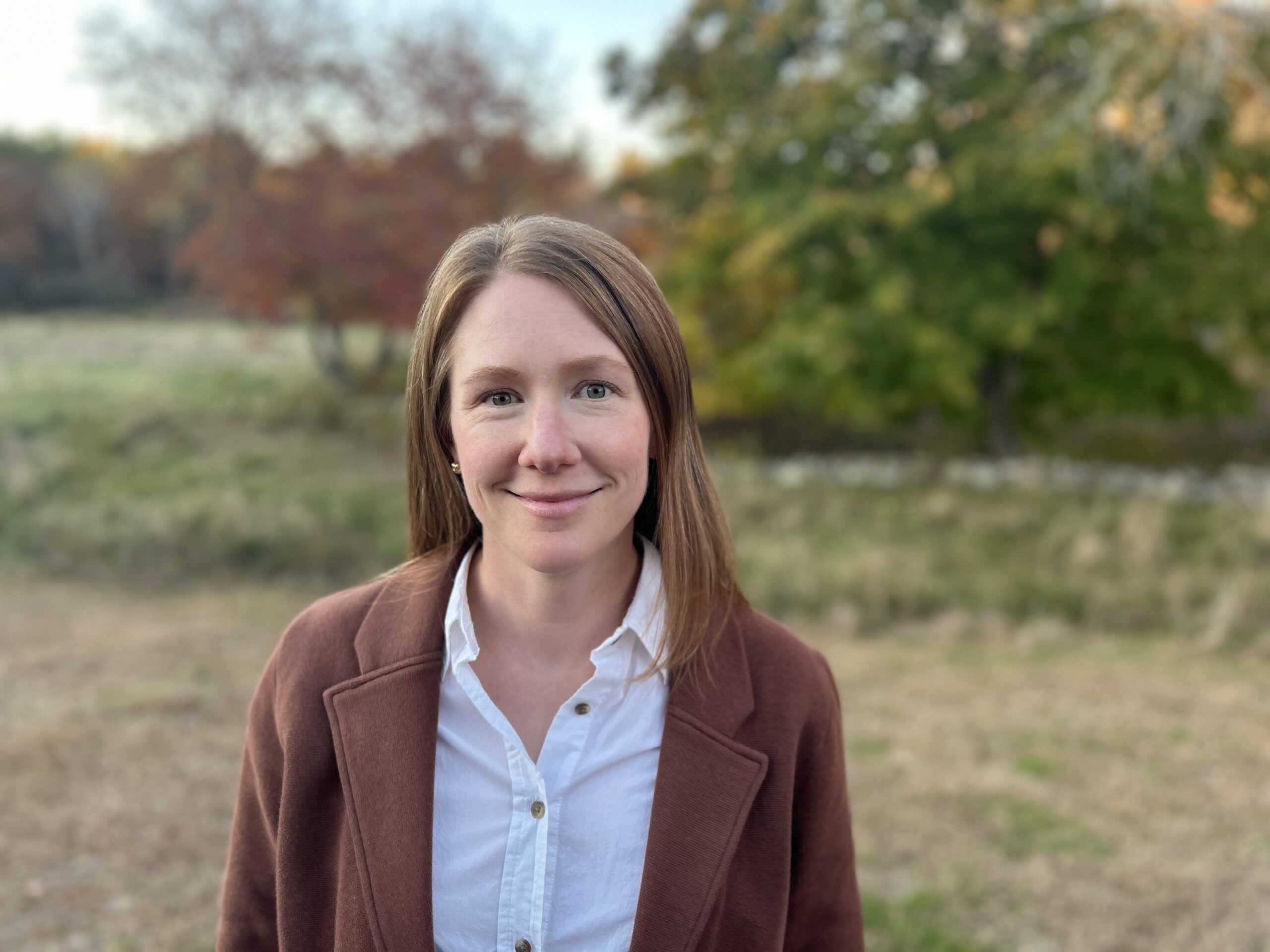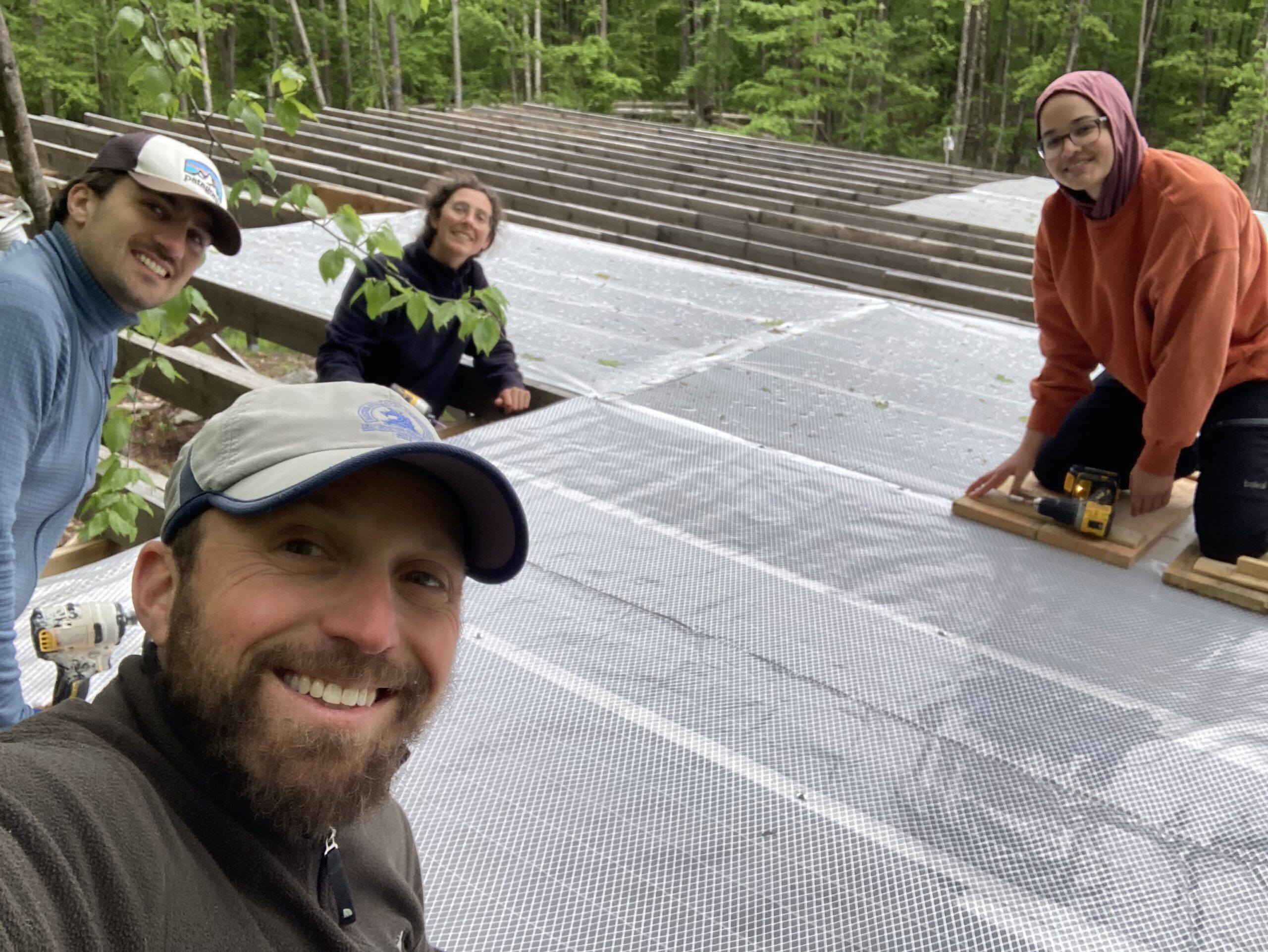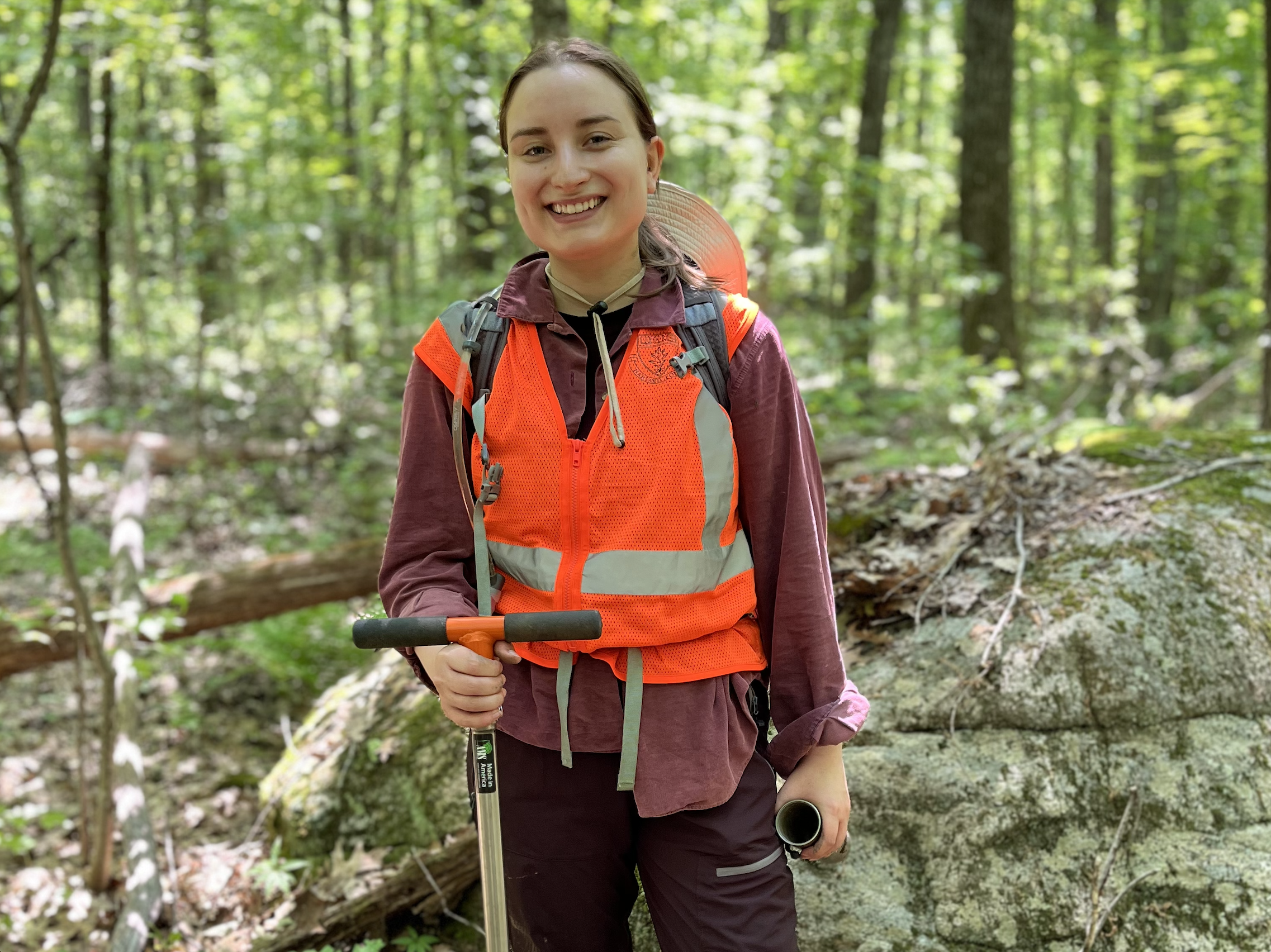Harvard’s 4,000-acre
Laboratory and Classroom
Explore Facilities
The Fisher Museum features 23 internationally-acclaimed dioramas.
The museum is free, open Monday-Friday year-round (9am-4pm) and on weekends seasonally (12pm-4pm, May-November 2025).
More infoHarvard Forest’s administrative and primary research offices are located in the main building known as Shaler Hall.
Our address is 324 North Main Street, Petersham, MA 01366.
The Harvard Forest’s facilities include labs for clean counter-top analysis, non-clean actives (e.g. soils), and ecophysiology, in addition to cold storage.
More infoMeasuring a variety of atmospheric data, the Harvard Forest maintains four research towers, collecting publicly-accessible data throughout the tree canopy of the Prospect Hill tract.
More infoRenovated from a former garage building, Harvard Forest’s climate-controlled document Archives building includes a variety of materials, including original research data and notes, publications and theses, a map library, photographs, and much more.
Learn moreLocated roughly ¾ miles southeast of Harvard Forest’s main campus, the Harvard Farm is home to the new Forest and Biodiversity experiment, which examines how forest diversity and introduced pests & pathogens affect forest function.
More infoThe Harvard Forest conference facility includes several residential houses, offering overnight accommodations for visitors. Units are available for up to 50 people in singles, doubles and triple rooms, all a short walk to Fisher Museum.
More infoHarvard Forest is powered in part by solar energy, and a super-efficient thermal biomass system heats the entire main campus. Wood harvested from road and trail maintenance is used for fuel.
More infoOur Woods Crew maintains 32 miles of public hiking trails throughout Harvard Forest’s Prospect Hill and Tom Swamp tracts, both located in Petersham.
Learn moreUpcoming Events
see all events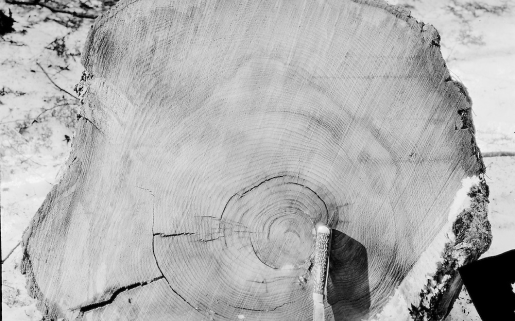
Support Us
Receiving less than half of its annual funding from Harvard University, the Harvard Forest relies heavily on grants and philanthropic giving to conduct its research and educational activities.
Donate